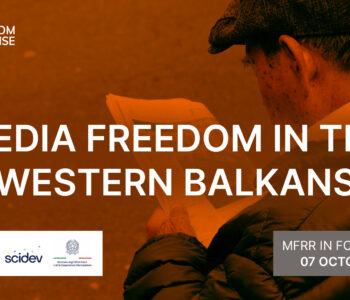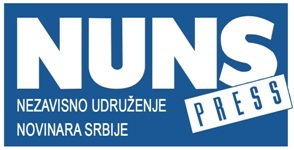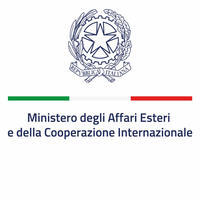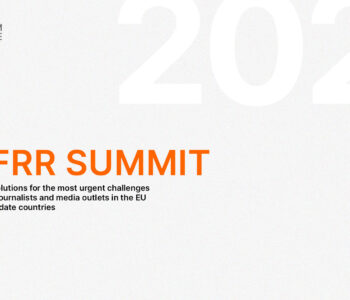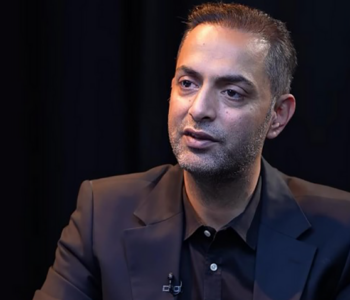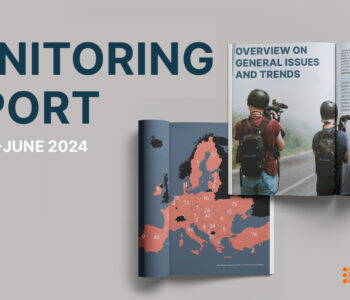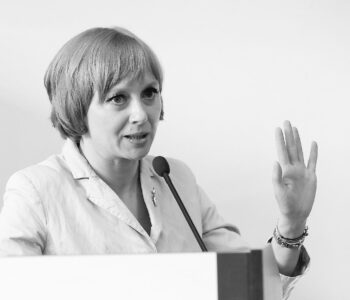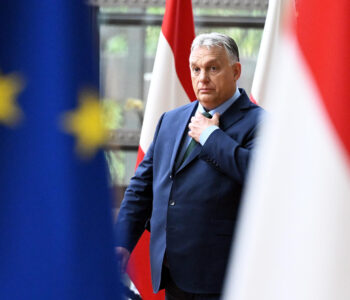The mission focused on measures to reform public service media, to protect journalists from Strategic Lawsuits Against Public Participation (SLAPPs) and proposals to reform the media landscape in line with the European Media Freedom Act (EMFA).
The meetings discussed the changes within the public service media since the Civic Coalition led government of Donald Tusk used contested legal mechanisms to remove senior figures at the public broadcaster, Telewizja Polska S.A. (TVP), and end the control exercised over it by the former government of the Law and Justice party, PiS.
The mission welcomed assurances from the Minister of Justice that the government would decriminalize defamation and ensure that the reforms to address SLAPPs will go beyond the minimum scope set by the EU Directive and apply to domestic SLAPP cases as well as cross-border ones. This is particularly significant as nearly all of the SLAPP cases in Poland recorded by the CASE Coalition involve domestic actors only. The Ministry also says it has moved swiftly to withdraw the 37 SLAPP cases that had been launched by the previous cabinet.
The Ministry of Culture has set out a timetable to bring Polish legislation in line with the EMFA. Public consultation on the media law reforms closes on 23 September and the ministry plans to issue a draft law before the end of the year before becoming law by the summer of 2025.The ministry proposes to reform the governance and operations of the national broadcast regulator KRRiT that oversees all broadcast media, and to provide direct state funding based on 0.09% of the annual GDP.
The government has been criticized in several quarters for appearing to drag its feet in enacting reforms and providing legal and financial certainty to the public broadcaster which has been operating in a state of ‘liquidation’ since the beginning of the year. The delay may, in part, be explained by the need to wait for the presidential elections due in 2025, before which any new reform would likely be vetoed by the current President, Andrzej Duda.
Other proposals include, improving media ownership transparency, introducing a mechanism for assessing and safe-guarding media pluralism, and ending the abuse of state advertising to reward government allies in the media. There is also a discussion around ending the direct funding and ownership of media by local governments and to instead establish a public fund to support independent regional media.
Many commentators called for more ambitious reforms of public media to ensure it is fit for the digital age and can provide impactful public service journalism for all communities and demographics across the country.
The state of TVP meanwhile is mixed. While it is no longer the propaganda tool of one political party and is providing a much more balanced brand of political coverage, the main news channel, TVP INFO, has lost over 70% of its audience, mostly to the TV Republika that is supportive of the Law and Justice party. TVP still has much work to do to rebuild its audience and credibility.
While enormous challenges remain, the overall outlook for Polish media is incomparably better than it was one year ago when MFRR issued its pre-election report, Media Freedom at a Crossroads.
The Media Freedom Rapid Response will publish a full report on its findings in October. In the meantime we wish to thank all of the interlocutors who took the time to meet with us. The mission partners included the European Centre for Press and Media Freedom (ECPMF), the International Press Institute (IPI), ARTICLE 19 Europe, the European Federation of Journalists (EFJ) and Free Press Unlimited (FPU).
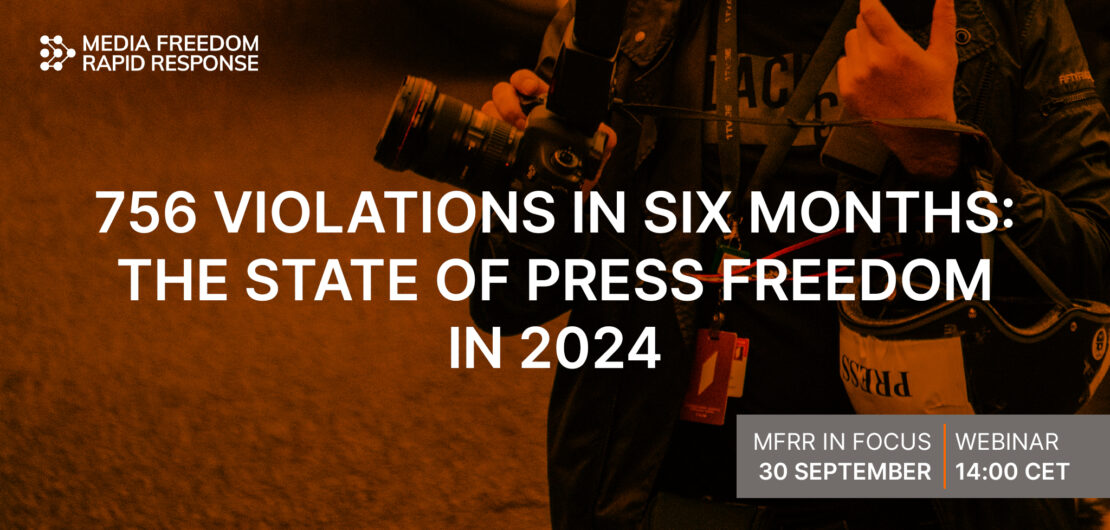 Event
Event








